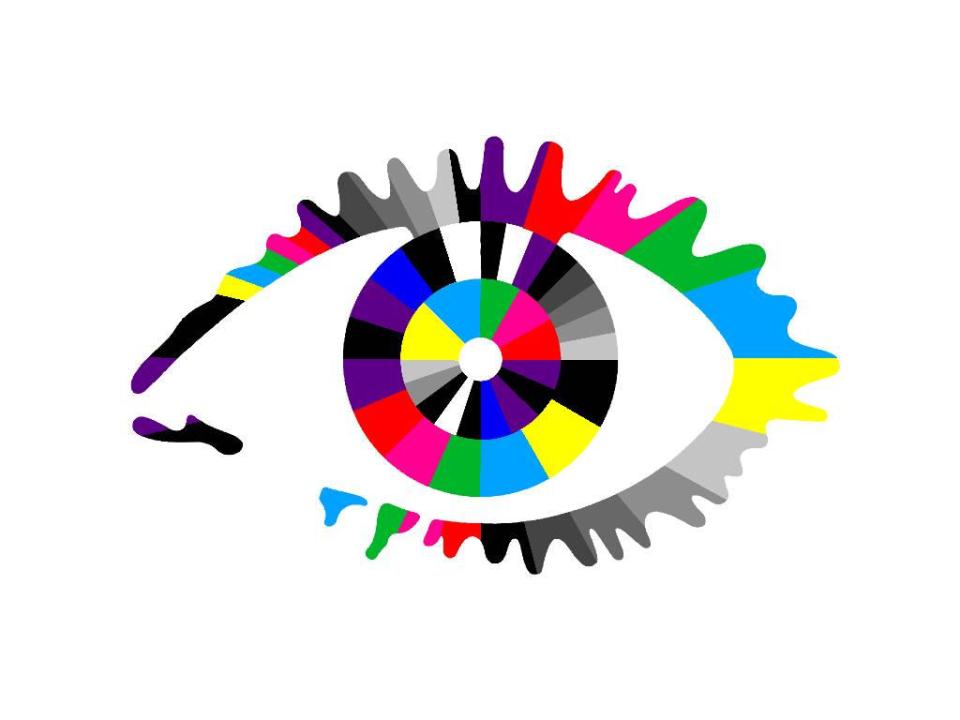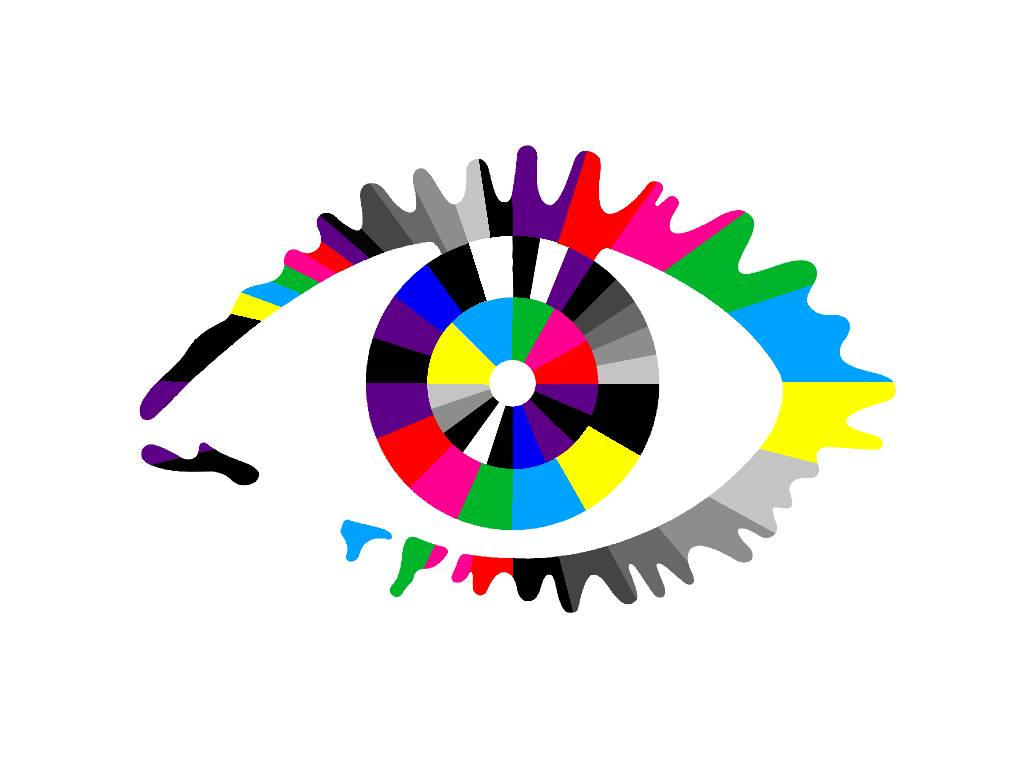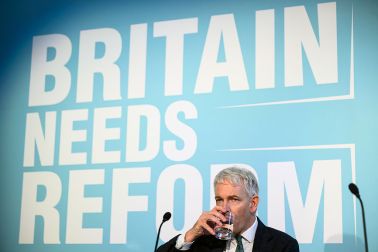I’ve always been a Big Brother fan; I was hooked from the very first series way back in the year 2000, which featured Nasty Nick, Anna the lesbian nun and the winner, charming Scouse builder Craig Phillips who took the prize of £70,000 and promptly gave it all to his friend Joanne Harris for a heart and lung transplant. That first season – shown on Channel 4, as were the next ten – seems so wholesome now; the weekly shopping challenges included making mugs using a potter’s wheel, and learning semaphore, as though the housemates were overgrown guides and scouts excitedly vying for badges. When these mostly attractive, generally sexually experienced young people in their twenties were allowed to watch a film as a reward for passing a task, they chose the 1996 comedy Happy Gilmore, concerning the various misadventures of a young golfer who seeks to rescue his grandmother from penury. Were such a treat to be offered to the 2023 house, I don’t suppose they would select anything so cosy.
Yes, I’m sentimental about the show; when Channel 4 cancelled it, I felt as if I had lost a dear friend
Nevertheless, the hi-jinks which took place in the iconic (there, I said it!) house in Bow were greeted by the more excitable members of the patrician press as if they signalled the end of civilisation. Simon Hoggart in the Guardian huffed:
The house is full of weird, illiterate, dysfunctional, rather frightening people, all of whom have one thing in common – if they sat next to you on the bus, you’d get off at the next stop. The glass screen of our televisions is the equivalent of the bars at Bedlam, allowing us to mock their stupidity, ignorance and demented behaviour while remaining completely safe ourselves.
I never saw the BB kids that way; they weren’t generally the brightest tools in the goggle box – but then neither are a lot of broadsheet hacks and they’re never backwards in coming forwards in showing off their creakingly conventional views on everything from breakfast to Brexit on BBC panel shows.
Big Brother came as a shock to the likes of the Guardian partly because the only working-class compatriots they came across on TV were monosyllabic boxers and suffering soap characters. Seeing young proles having a laugh – a gap year for those not dumb enough to go to uni for the sake of it – was simply the democratisation of showbiz, like TV talent shows of the kind that produced one of the greatest pop groups of all time, Girls Aloud, in 2002. In the same year, Big Brother drew its highest audience ever; 5.3 million average and a peak of 10 million, which was 51 per cent of the national television audience the night of the final. In 2004 I was still so hooked on the show that I postponed my honeymoon by one night so that Mr Raven – also a fan – and I could see the final (Nadia Almada, a transperson, won) before we jetted off to the Caribbean. But from 2006, ratings began to fall; by 2010 Channel 4 had evicted Big Brother himself from the building.
Channel 5 stepped in to save the ailing concept the following year, but the show began to look increasingly desperate – so desperate that in 2014 it invited me to join the celebrity version for half a million smackers. Of course, I went around boasting to everyone, leading A Source to tell a gossip column ‘Julie would be great on the show as she is mouthy and feisty… but part of the deal is that you’re not allowed to tell people of the offer.’ But telling people was the only part of the deal that interested me, as I never for one moment entertained the thought of doing it. Not only was I filthy rich at the time, but to my mind Big Brother only suits youngsters; when one has reached 30, going in is surely an admission of failure. When those people are writers – from Liz Jones to Germaine Greer – it’s a disaster; watching Jones soliloquising on suicide and Greer vomiting on a carousel while wearing a colander on her head, I felt very smug that (having come to the conclusion that writing is my vocation and speech is my second language) I had resisted such a whopping pay-day. By that time not even I could have turned the downhill juggernaut around; in 2018 BB was binned by Channel 5, which is the commercial equivalent of being rejected as a sexual partner by Sam Smith.
Despite my disillusion, I was mildly excited when I heard that Big Brother was to be rebooted by ITV this year, though I shared Gareth Roberts’s wariness when he wrote here:
Like everything else on TV, Big Brother is cast to reflect a Camden Council pamphlet and not the world as it actually is. There are numerous people claiming to be ‘queer’, whatever that means, a high mix of minorities and a man who thinks he is a woman. Several of the contestants claim to be entering the house to ‘show’ something about their identity group.
But in a cheering triumph for the human spirit, those who seemed to have been selected for their identity group status were evicted early on, for the simple reason that they were all really annoying. There was more fun to be had on the virtue-signalling front when the house saint, Trish from Rwanda via Luton – who informed us that she was in the house not so much because she was hungry for the £100,000 prize money but because she wanted to ‘humanise refugees and immigrants, especially in this political climate’ – turned out to have a history of homophobic tweets which would bring an envious glint to the eye of many an American rap star.
I found the show enjoyable in a retro kind of way – like finding a Rubik’s cube and having a bash for old time’s sake – but I think that might be because I’m so old. The viewing figures weren’t good compared to the past; 2.5 million on launch night falling to 800,000 a week later. But then, it was head-to-head with Married at First Sight, the new reality show off the blocks – and there’s the rub. Far faster now, social media makes sure that the contestants on these shows are not a cross-section of society (interesting) but a cross-section of super-fans (interesting only to other super-fans, like me). Love Island, which seemed so sparky just a while ago, now seems a shadow of its former self, with the gussied-up studs and starlets – the sad, sexed-up children of Covid and playground porn – saying exactly the same things as those the year before did.
But for all its underperforming, Big Brother launch night pulled in almost twice the audience of the last Love Island debut and gave us quirky, appealing contestants such as Jordan (the gay lawyer from a Scunthorpe council estate who picked up his accent from watching Downton Abbey, who looks like Dorian Grey and epigrams like Oscar Wilde) and Yinrun (the Chinese girl who sometimes speaks in strangely poetic phrases – ‘I want a life unforeseen’). Yes, I’m sentimental about the show; when Channel 4 cancelled it, I felt as if I had lost a dear friend – dozens of them – and not just any old boring real-time friend, but all the best bits of all the best friends, all the binge-drinking, back-biting, tantrum-throwing highlights, without any of dreary stuff that can slow down and destroy friendships, all rolled into one. BB also acted as a fast and handy filter to finding new friends; if someone preferred to curl up on the sofa of an evening watching people making cakes rather than watch a good-looking girl having sex with a bottle on a lawn, we probably weren’t going to get along.
Those days have gone; the 64-year-old me would far rather watch a political discussion on YouTube, preferably one from The Spectator, than a reality show. But I will be enjoying watching Nigel Farage showing off on this weekend’s launch of I’m A Celebrity… Get Me Out of Here! Even if I wouldn’t countenance ever doing it myself – not even for a cool million.







Comments